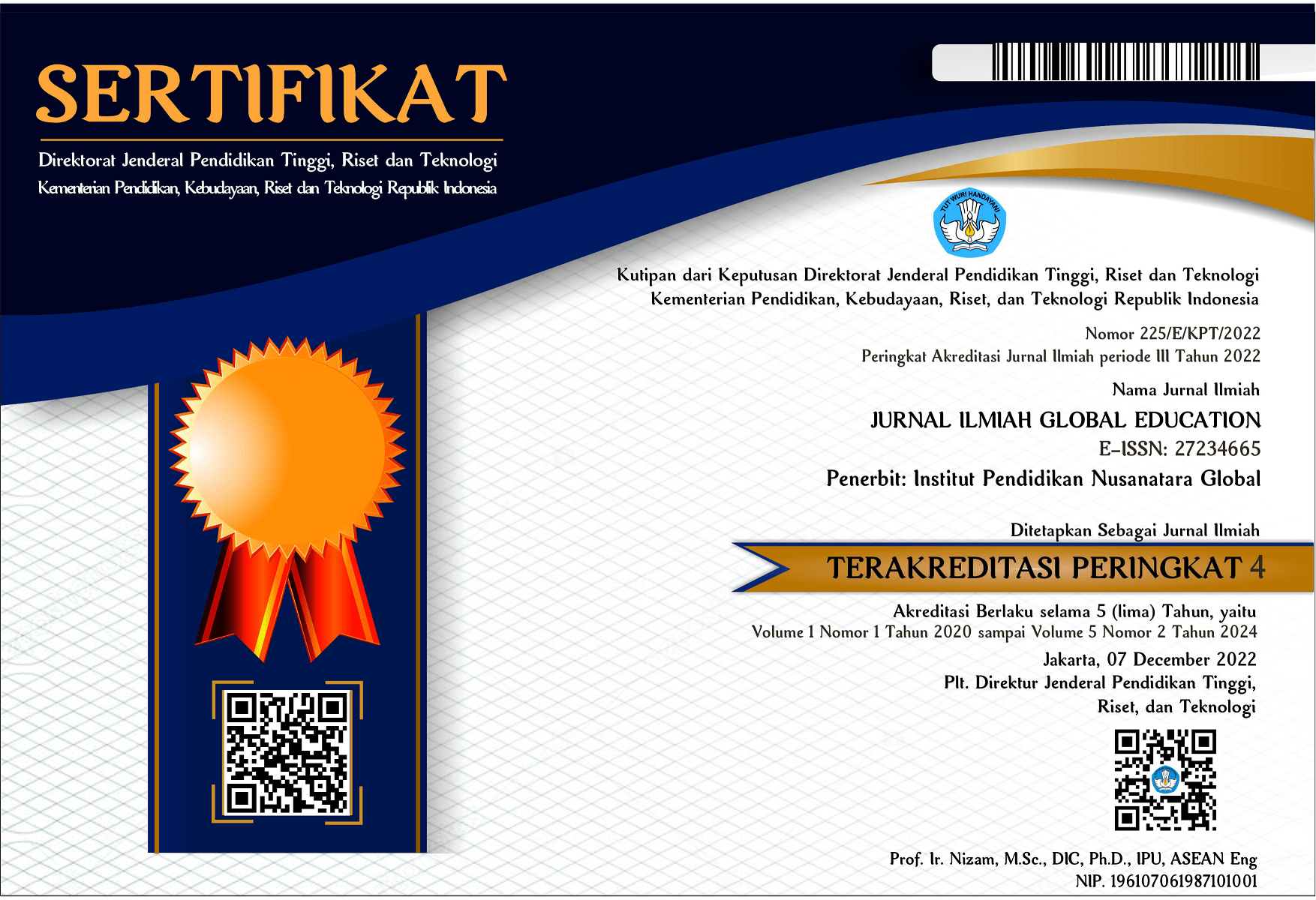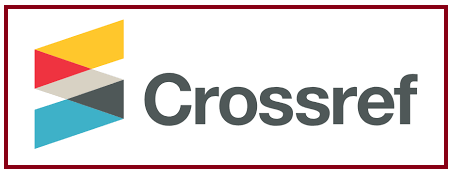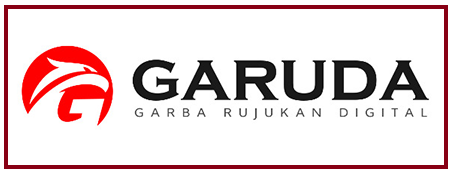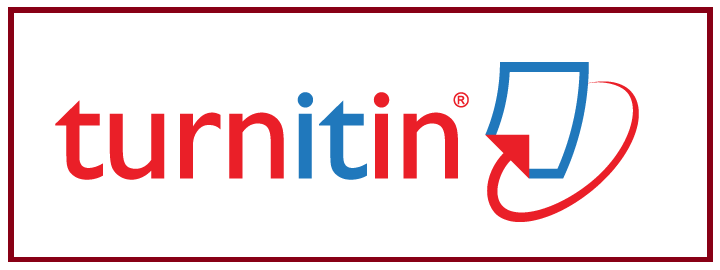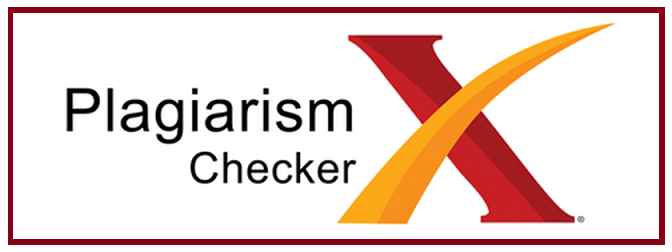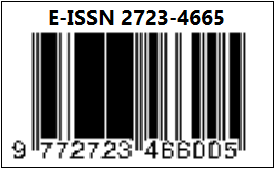PENGARUH PENGGUNAAN MODEL PBL TERHADAP MOTIVASI BELAJAR BIOLOGI SISWA KELAS X MIA
DOI:
https://doi.org/10.55681/jige.v1i1.29Keywords:
problem based learning (PBL), motivasi, hasil belajarAbstract
This study aims to improve student learning motivation, and student learning outcomes by using the Problem Based Learning (PBL) model in class X MIA MA Darul Aminin NW Aikmual. This type of research is Classroom Action Research with descriptive methods. The subjects of this study were all students of class X MIA MA Darul Aminin NW Aikmual. The research procedure was carried out in two cycles, each cycle consisting of 4 stages, namely: 1) planning, 2) implementation, 3) observation 4) reflection. The variables of this study are the Problem Based Learning (PBL) model, student motivation and student learning outcomes. Data collection techniques in this study are observation, questionnaires and tests. The research instruments used were observation sheets, questionnaire sheets and test sheets. The percentage of students' motivation in the first cycle that has high motivation is 63.63% and the motivation category is 36.36% and 0% is low category. Student learning motivation in the second cycle increased to 86.3% in the high category, 13.7% in the medium category and 0% in the low category. Attitude learning outcomes data in the first cycle was 3.59 increased in the second cycle to 3.64. Student learning outcomes experience mastery learning in the first cycle of 64% with the number of students completing 14 students and students not completing 8 students. Analysis of student learning outcomes in cycle II experienced mastery learning that is equal to 88% with the number of students completing 20 students and students not completing 3 students. It can be concluded that the Problem Based Learning model can increase motivation and learning outcomes of X MIA MA Darul Aminin NW Aikmual class X students.
Downloads
Downloads
Published
How to Cite
Issue
Section
License
Copyright (c) 2020 Jurnal Ilmiah Global Education

This work is licensed under a Creative Commons Attribution-ShareAlike 4.0 International License.


